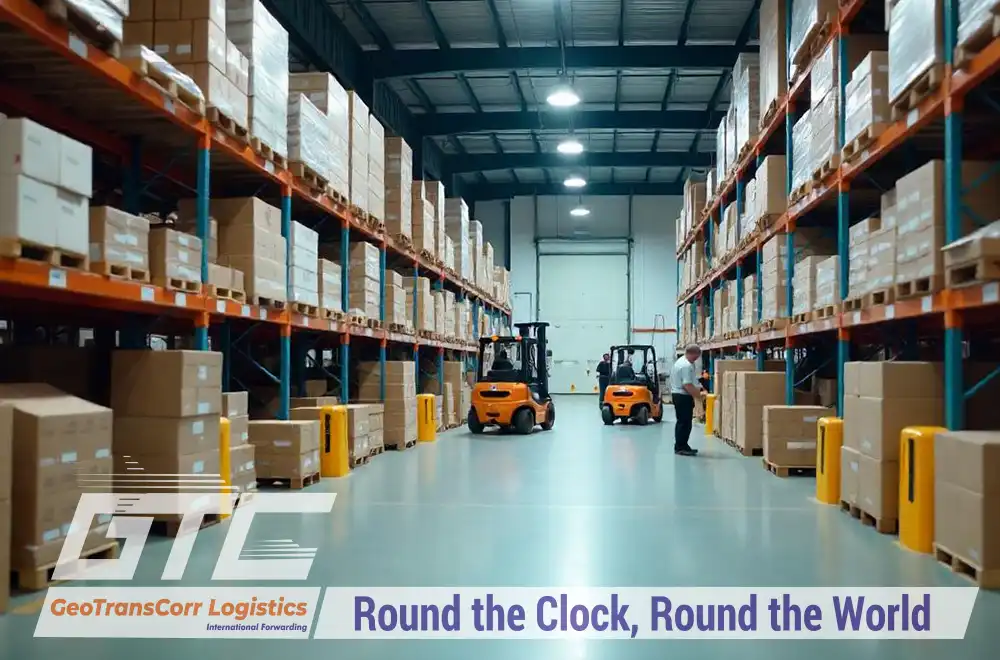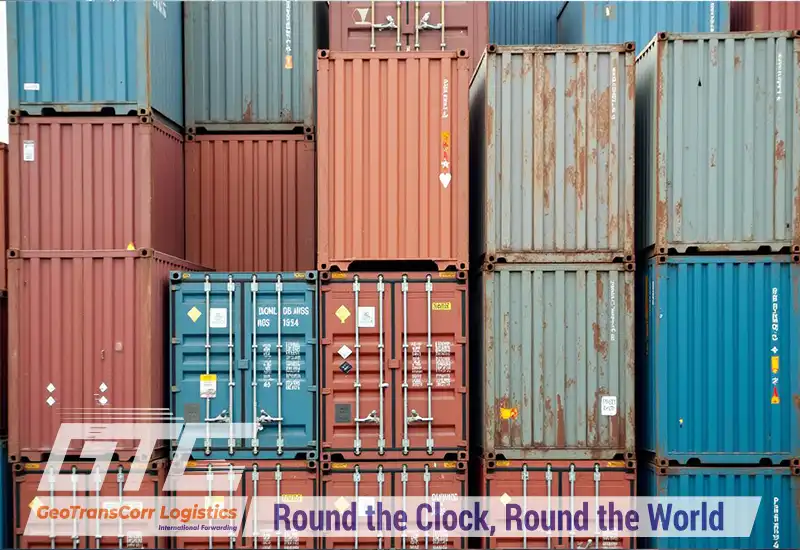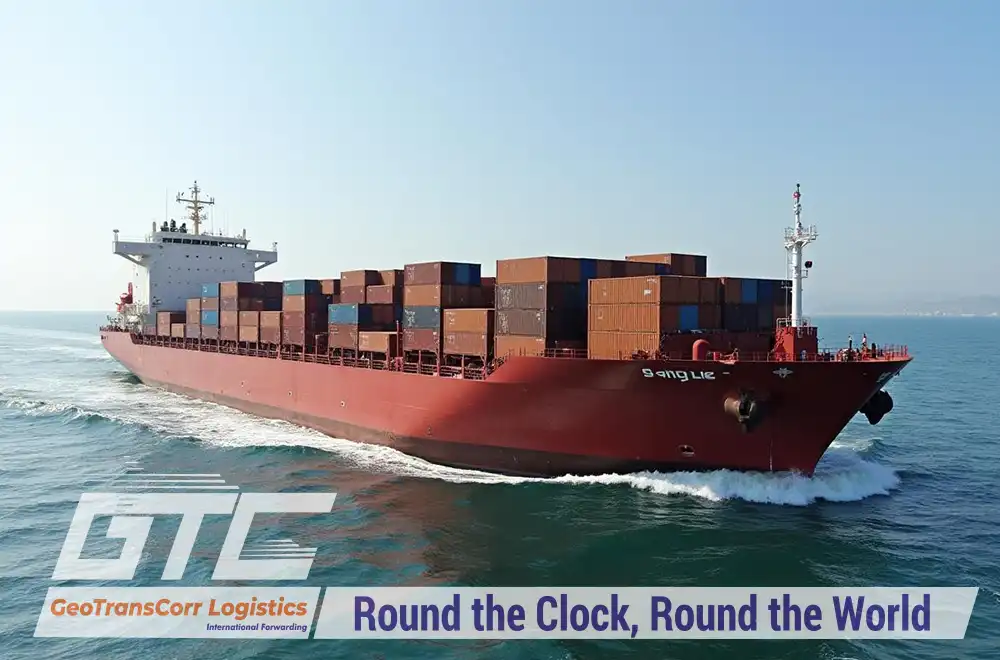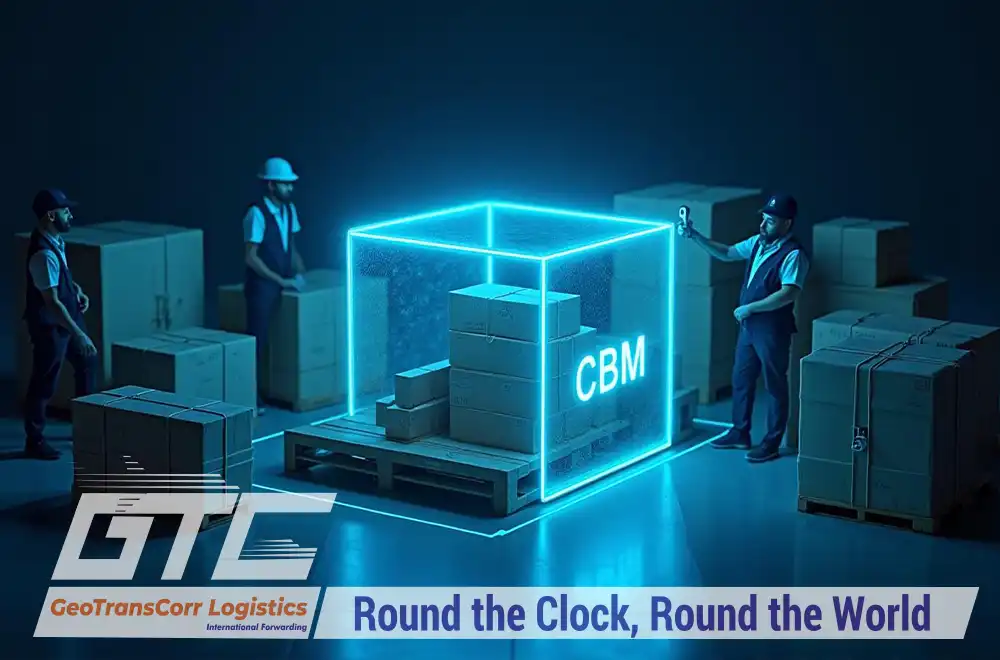In today’s dynamic business landscape, mastering logistics isn’t just about moving goods—it’s about optimizing every step of the supply chain. 4PL contract logistics offers a strategic approach to outsourcing that can revolutionize how businesses manage their operations. From warehousing and transportation to inventory management and order fulfillment, harnessing the expertise of logistics providers like GTC can unlock efficiency, scalability, and competitive advantage. Join us as we delve into the transformative benefits of contract logistics and explore how it can drive success for your business.
What is 4PL Contract Logistics?
4PL contract logistics refers to the outsourcing of logistics activities to a third-party provider. In this arrangement, businesses enter into contracts with logistics service providers to manage and execute various logistics functions on their behalf. These functions typically include warehousing, distribution, transportation, inventory management, order fulfillment, and sometimes value-added services like packaging and assembly and end-to-end supply chain operations management.
Types of Contracts in Logistics
In logistics, various contracts govern the relationship between service providers and their clients, each tailored to different business needs and operational requirements. Here are the common types of contracts in logistics:
Fixed Price Contracts:
Fixed price contracts establish a predetermined rate or fee for logistics services provided over a specified period or for a specific project.
Cost Plus Contracts:
Cost plus contracts involve reimbursement of actual expenses incurred by the logistics service provider, plus an agreed-upon profit margin.
Performance-Based Contracts:
Performance-based contracts focus on achieving specific performance metrics or outcomes defined in the contract.

Benefits of 4PL Contract Logistics in Supply Chain Management
4PL contract logistics offers several benefits to businesses seeking to streamline their supply chain operations and enhance overall efficiency. Here are some key benefits:
Cost Efficiency:
- Economies of Scale: Contract logistics providers consolidate resources and operations across multiple clients, allowing businesses to benefit from lower costs per unit due to economies of scale in purchasing, transportation, and warehousing.
- Reduced Capital Investment: Outsourcing logistics operations eliminates the need for businesses to invest in warehouse infrastructure, transportation fleets, and technology systems, reducing capital expenditures and improving cash flow.
Expertise and Focus:
- Specialized Knowledge: Contract logistics providers bring expertise in logistics management, leveraging industry best practices, advanced technologies, and specialized skills to optimize supply chain processes.
- Focus on Core Competencies: By outsourcing logistics functions, businesses can redirect internal resources and focus on core competencies such as product development, marketing, and customer service, enhancing overall competitiveness.
Scalability and Flexibility:
- Adaptability to Demand Changes: Contract logistics agreements allow businesses to scale operations up or down quickly in response to fluctuations in demand, seasonal variations, or market dynamics without incurring fixed costs associated with maintaining excess capacity.
- Operational Flexibility: Providers offer flexible contract terms and customizable solutions tailored to specific business needs, accommodating growth strategies, geographical expansions, or changes in distribution requirements.
Improved Service Levels:
- Enhanced Performance Metrics: Contract logistics providers adhere to service level agreements (SLAs) and performance metrics defined in contracts, ensuring consistent and reliable delivery performance, order accuracy, and customer satisfaction.
- Advanced Technology Integration: Providers utilize advanced logistics technologies such as warehouse management systems (WMS), transportation management systems (TMS), and real-time tracking tools to optimize inventory visibility, order processing, and logistics operations, improving overall service levels.
Risk Management and Compliance:
- Mitigation of Operational Risks: Contract logistics providers manage logistics risks, including inventory management, transportation delays, and supply chain disruptions, implementing robust contingency plans and ensuring compliance with regulatory requirements.
- Enhanced Security and Safety: Providers adhere to industry standards and regulations for warehouse safety, product handling, and transportation security, mitigating risks associated with loss, theft, or damage to goods.

Global Reach and Market Expansion:
- International Expertise: Contract logistics providers offer global networks, infrastructure, and expertise in international trade regulations, customs procedures, and cross-border logistics, facilitating market expansion and entry into new geographical regions.
- Local Market Knowledge: Providers understand local market dynamics, consumer preferences, and distribution channels, enabling businesses to navigate regional challenges and optimize supply chain efficiency in diverse markets.
Sustainability and Corporate Responsibility:
- Environmental Initiatives: Contract logistics providers implement sustainable practices such as energy-efficient operations, waste reduction, and carbon footprint reduction strategies, aligning with corporate social responsibility (CSR) goals and promoting environmental stewardship.
- Ethical Supply Chain Practices: Providers adhere to ethical sourcing practices, fair labor standards, and responsible supply chain management principles, enhancing corporate reputation and brand integrity.
Challenges in 4PL Contract Logistics
4PL contract logistics, while offering numerous benefits, also presents several challenges that both service providers and clients must navigate effectively. These challenges include:
- Risk Management: Handling supply chain disruptions, transportation delays, inventory inaccuracies, and natural disasters requires robust strategies and contingency plans.
- The Complexity of Operations: Coordinating stakeholders, managing diverse product lines, and navigating regulatory requirements across regions demand advanced logistics expertise and effective communication.
- Cost Pressures: Balancing high-quality service delivery with cost efficiency amidst fluctuating fuel prices, labor costs, and operational expenses is crucial for profitability.
- Technology Integration: Implementing and optimizing Warehouse Management Systems (WMS), Transportation Management Systems (TMS), and data analytics tools require substantial investment, expertise, and ongoing maintenance.
- Client Expectations and Service Levels: Meeting SLAs consistently regarding delivery times, order accuracy, and customer service standards is essential to maintain client satisfaction and avoid penalties.
- Labor Management: Recruiting, training, and retaining skilled labor for roles like warehouse management and transportation planning are vital amidst labor shortages, turnover, and wage pressures.
- Environmental and Sustainability Initiatives: Adhering to green logistics practices, reducing carbon footprint, and complying with sustainability regulations necessitate investments in eco-friendly technologies and operational adjustments.
- Adapting to Market Changes: Flexibility in scaling operations, complying with new regulations, and innovating to meet evolving customer expectations is crucial for competitiveness in a dynamic market environment.

GTC’s Role as a 4PL Contract Logistics Partner in Russia
GTC stands out as one of the leading freight forwarders and 4PL contract logistics providers in Russia, offering comprehensive logistics solutions that include air, sea, and road transportation, customs clearance, warehousing, and distribution services. With a strong network of offices and strategic partnerships across the country, GTC excels in navigating the complexities of Russia’s diverse logistical landscape and regulatory frameworks. Our commitment to leveraging advanced technology and industry expertise ensures efficient cargo handling, timely deliveries, and cost-effective solutions designed to meet the specific needs of customers in various industries. Meanwhile, in contract logistics, GTC excels in offering customizable, long-term logistics solutions that optimize supply chain operations. By outsourcing logistics functions to GTC, businesses can enhance operational efficiency, scalability, and focus on core business activities while relying on GTC’s expertise to manage the intricacies of logistics seamlessly.
Conclusion
In conclusion, 4PL contract logistics serves as a cornerstone of modern supply chain management, offering businesses strategic advantages through outsourcing specialized logistics functions to expert providers like GTC. By partnering with companies such as GTC in Russia, organizations can streamline operations, enhance efficiency, and focus on core competencies while benefiting from advanced technology, extensive networks, and tailored solutions.
As businesses navigate global markets and evolving customer demands, partnerships with experienced logistics providers like GTC become essential for achieving sustained growth, operational excellence, and competitive advantage in today’s dynamic business environment.






